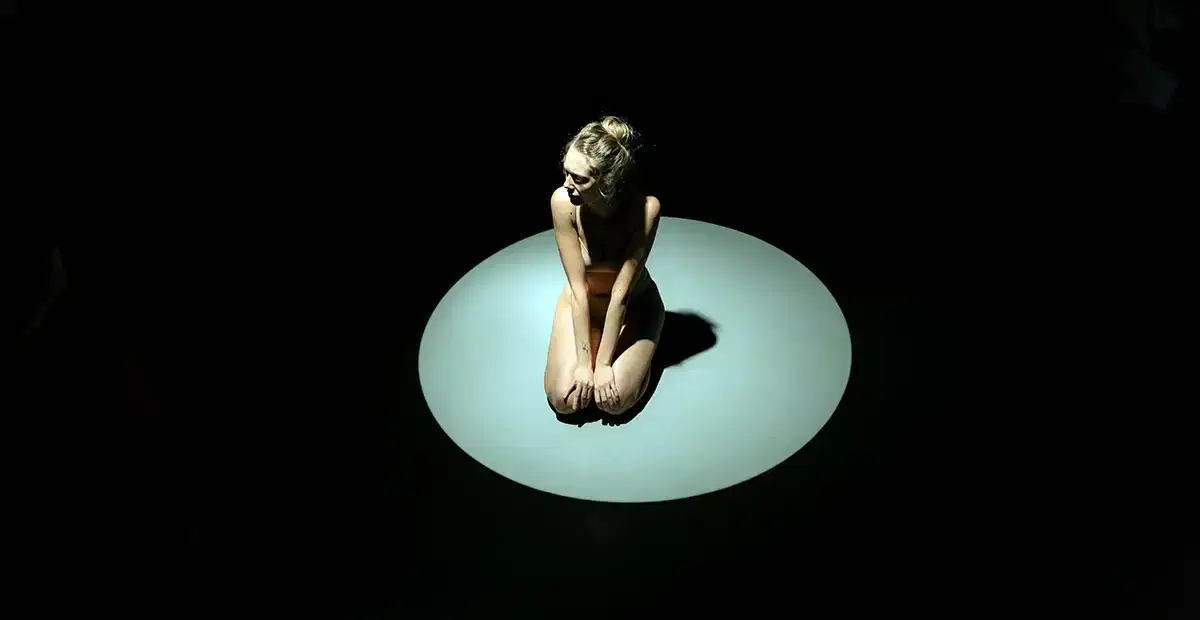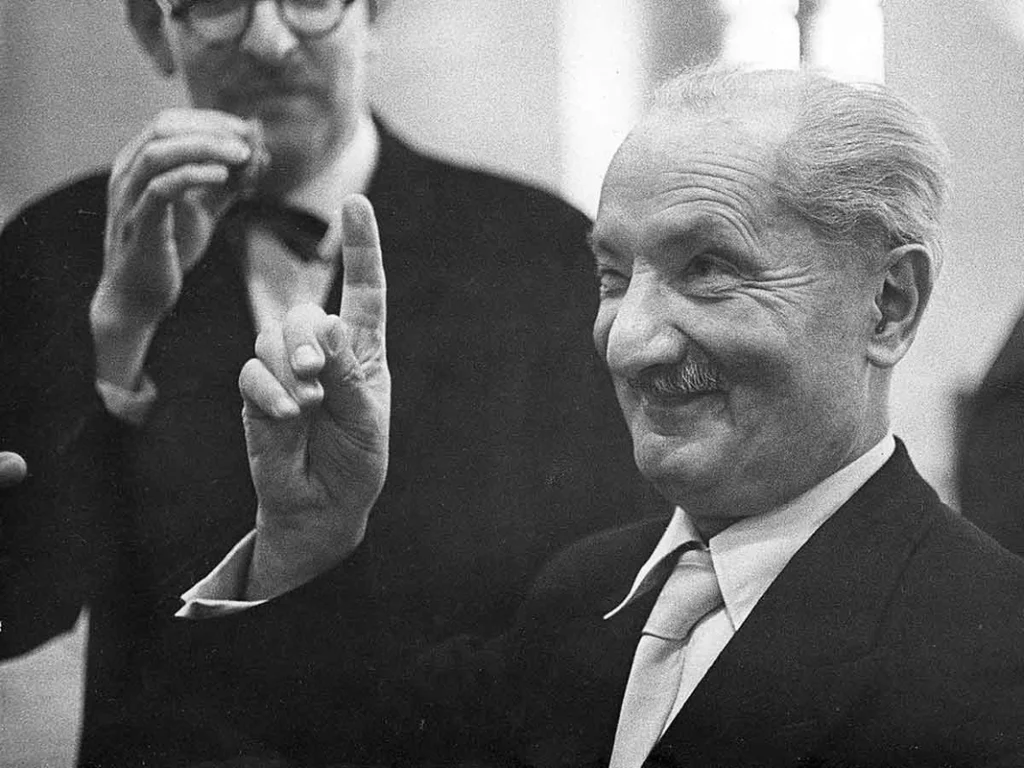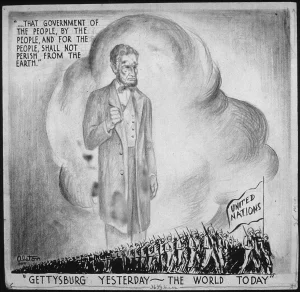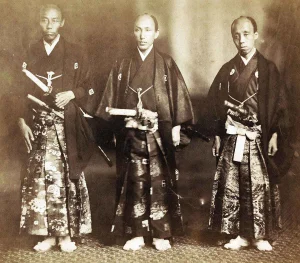# The Spotlight Effect: Why You Feel Watched (And How to Stop It)
Have you ever walked into a room and suddenly felt like all eyes were on you? Maybe you tripped over your own feet, or your voice cracked mid-sentence, and you just knew everyone noticed. Or perhaps you wore something bold—a bright shirt, a daring hairstyle—and assumed people were silently judging your fashion choices.
If this sounds familiar, you’ve experienced the spotlight effect—a psychological quirk that makes us believe we’re the center of attention far more than we actually are.
But here’s the truth: Nobody cares as much as you think they do.
In this post, we’ll explore why this happens, how it affects us, and—most importantly—how to break free from the imaginary spotlight.
—
What Is the Spotlight Effect?
Picture this: You’re giving a presentation at work. Halfway through, you mispronounce a word. Your face flushes, your palms sweat, and you’re convinced everyone in the room noticed.
But did they?
Probably not.
The spotlight effect is our tendency to overestimate how much others notice us. Coined by psychologist Thomas Gilovich in 1999, it describes how we feel like we’re constantly under a metaphorical spotlight—watched, judged, and scrutinized—when in reality, most people are too wrapped up in their own lives to pay much attention.
Why Does This Happen?
Our brains are wired to be self-centered—not in a selfish way, but in the sense that we experience the world through our own eyes first.
– We notice our own flaws (a pimple, a stumble, an awkward pause) way more than others do.
– We assume others are as focused on us as we are on ourselves—but they’re not.
– We forget that everyone else is also stuck in their own heads, worrying about their mistakes, their appearance, their problems.
In one famous study, researchers asked participants to wear an embarrassing Barry Manilow t-shirt into a room full of strangers. Later, when asked how many people noticed, the participants guessed around 50%.
The real number? Only 20%.
Most people were too busy thinking about themselves to care about a random t-shirt.
—
How to Escape the Spotlight
The good news? You can train yourself to step out of the spotlight. Here’s how:
1. Shift Your Focus Outward
Instead of obsessing over how you appear, get curious about others.
– Notice how people react in conversations.
– Pay attention to their body language, their tone, their expressions.
– Ask yourself: What might they be thinking or feeling right now?
When you focus on others, you stop fixating on yourself—and the imaginary spotlight dims.
2. Remind Yourself: People Don’t Care as Much as You Think
That embarrassing thing you did last week? Nobody remembers.
That awkward comment you made? Probably forgotten.
Most people are too busy replaying their own awkward moments to dwell on yours.
3. Embrace the “So What?” Mindset
So what if someone did notice your mistake?
– Did the world end?
– Did anyone actually say anything?
– Will it matter in a week?
Chances are, the answer is no.
4. Practice Mindfulness
When you feel the spotlight burning too bright, ground yourself in the present moment:
– What do you hear right now?
– What do you see?
– What do you feel (physically, not emotionally)?
This pulls you out of your head and back into reality.
—
Final Thought: You’re Not the Star of Everyone’s Show
The spotlight effect is a trick of the mind—a leftover survival instinct that makes us hyper-aware of how we’re perceived. But in today’s world, most people are too preoccupied with their own lives to scrutinize yours.
So the next time you feel like all eyes are on you, remember: You’re not on stage. You’re just another person in the audience.
And that’s a liberating thought.
—
What about you? Have you ever experienced the spotlight effect? How did you overcome it? Share your thoughts in the comments!
(Want more psychology insights? Check out our other posts on [overcoming self-censorship] and [the power of curiosity].)









































